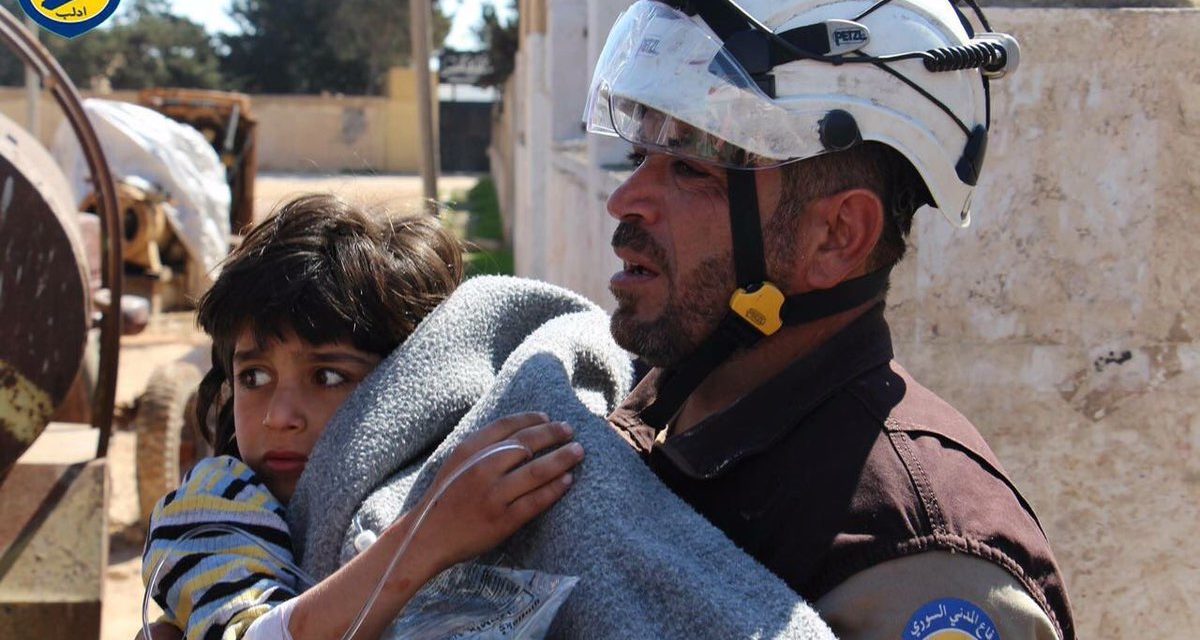
Syria’s declaration to the United Nations of its chemical weapons program cannot be considered accurate due to gaps, inconsistencies and discrepancies, the High Representative for Disarmament Affairs told the Security Council on Jan. 4. Izumi Nakamitsu urged the country to cooperate with the Organization for the Prohibition of Chemical Weapons (OPCW), adding that “full cooperation” is “essential to closing these outstanding issues.” The UN disarmament chief was presenting an update on the implementation of Security Council Resolution 2118 (2013) regarding the elimination of Syria’s chemical weapons program.
According to Nakamitsu, Syria has submitted 17 amendments and several supplements to its initial declaration. Yet 20 of the 24 outstanding issues remain unresolved. She told Council members that these outstanding points are “of concern” and involve undeclared research, production, and the arming of unknown quantities of chemical weapons.
There are also “significant quantities” of chemical warfare agents or precursors, and chemical munitions, whose fate has not yet been fully verified.
Nakamitsu listed for ambassadors all the information the OPCW has not yet received, such as a declaration on all heretofore undeclared types and quantities of nerve agents produced at a former production facility, details of damage caused during an attack on a facility in June 2021, and the unauthorized movement of the remains of two destroyed cylinders.
Once the Syrian National Authority provides sufficient information and explanations, Nakamitsu assured, a team from OPCW will assist, if needed, in amending the initial declaration.
Nakamitsu also stated that the OPCW has not been able to schedule the 25th round of consultations in Damascus because of the “continued refusal” by the Syrian Arab Republic to issue an entry visa for one member of the team. Efforts to convene a limited meeting with Syrian experts at the OPCW’s headquarters at The Hague were also unsuccessful. (UN News)
Israel, which has for years carried out sporadic air-strikes in Syria, is believed to have struck chemical weapons facilities near Damascus and Homs on June 8 of last year. (Jerusalem Post)
Resolution 2118, the first resolution on chemical weapons in Syria, emerged from the Russian-brokered deal to avoid air-strikes after the Ghouta chemical attack of August 2013. Syria was stripped of its voting rights at the OPCW following evidence of the regime’s use of poisonous gas throughout the nation’s civil war.
Photo from April 2017 Khan Sheikhoun attack via EA Worldview





Israel strikes targets near Damascus
Three Syrian soldiers were killed on Feb. 24 in an Israeli air-strike near the capital Damascus, according to regime state media. It was the fourth reported time this month Israel has launched strikes inside Syria, keeping up a campaign against pro-Iranian forces supporting the Assad regime. (France24)